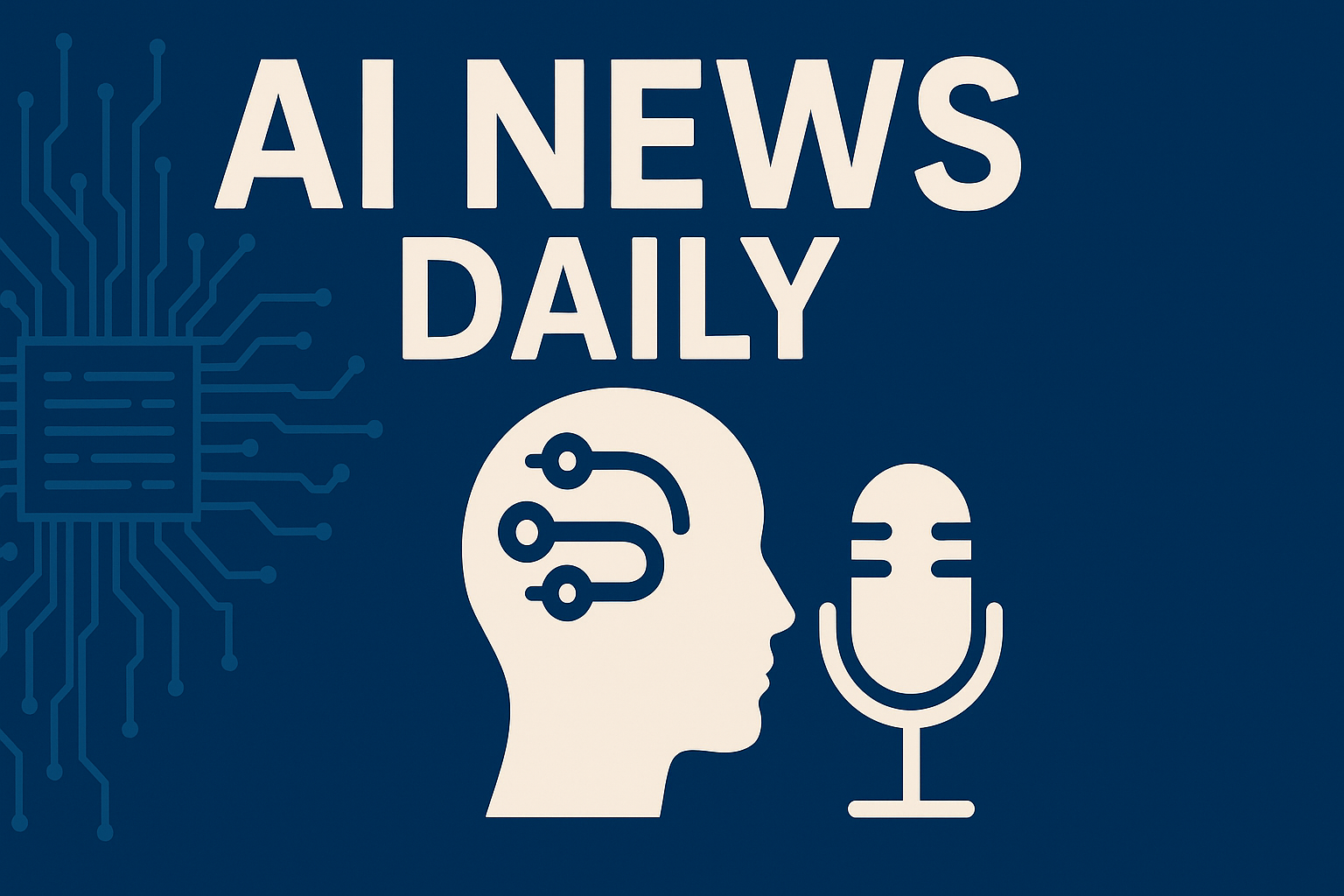Title: AI Race Heats Up: OpenAI’s $500B Bid, Google’s Gemini Push, and Hugging Face’s $1B GPU Fund Anchor a Breakneck Week
Content: The global AI race accelerated as OpenAI pursued a secondary share sale of up to $6 billion that would value the company at $500 billion, even as leadership turbulence and strategic debates persist. OpenAI reported surging adoption—over 5 million businesses using GPT-5, ChatGPT at 700 million weekly users, and revenue doubling—while critics flagged tone and accuracy issues and researchers urged transparency on GPT-5’s environmental costs, which could rival the energy needs of 1.5 million U.S. homes. The company unveiled GPT-OSS, its first open model since 2019 under Apache 2.0, began testing an AI-first web browser to rival Chrome, and agreed to acquire Jony Ive’s hardware startup for $6.5 billion to pair advanced AI with bespoke devices. OpenAI also called on California to align AI rules with the EU to avoid fragmented U.S. regulation. Microsoft, meanwhile, strengthened its enterprise AI lead as Azure and Microsoft 365 gained momentum from GPT-5 integrations. Industry discussions reignited over timelines to superintelligence and the implications for human-AI relations.
Open-source and developer access broadened as Hugging Face, now profitable, launched a $1 billion ZeroGPU fund to provide free compute for developers and researchers and introduced AI Sheets, a no‑code dataset tool aimed at democratizing AI. Google expanded its Gemini ecosystem with Jules 2.0 for coding, new project‑management features, and Genie 3 for real-time text‑to‑simulation; released the energy‑efficient, on‑device Gemma 3 270M model; and integrated AI Studio with GitHub for streamlined app development. The company, along with Amazon and Cisco, reinstated in‑person tech interviews to combat AI‑assisted cheating and faced privacy concerns after Gemini was found to train on users’ personal conversations by default, prompting calls for users to adjust settings. Meta’s DINOv3 arrived in Hugging Face Transformers, boosting open‑source image classification and detection.
Governments moved to shape AI’s trajectory. The Trump Administration launched “Winning the Race: America’s AI Action Plan,” prioritizing innovation, infrastructure, and international partnerships to secure U.S. leadership, in contrast to the EU’s tighter regime. The U.S. Treasury sought public input on leveraging AI and blockchain to counter digital‑asset crime. In the UK, the NHS began piloting AI to automate discharge summaries to speed patient throughput, while a planned AI job‑search assistant drew employer concerns about application quality. North Carolina’s State Treasury reported roughly 10% productivity gains in a ChatGPT pilot. The city of Red Bank deployed geospatial AI to identify traffic hot spots, and UAE University with IIT Madras introduced an AI framework to predict malaria outbreaks.
Security and workplace impacts came into sharper focus. Russian cybercriminals reportedly used large language models in phishing attacks on Ukraine—the first noted real‑world deployment of LLMs in hacking—signaling a new era of AI‑enabled threats and the need for AI‑driven defenses. Inside companies, managers are increasingly monitoring employee AI use and linking it to performance reviews, raising concerns about job security and widening skill gaps.
Markets and culture also evolved. AI‑driven investment platforms such as DeepSeek and Traders Union brought institutional‑grade analytics to retail investors. Publishers warned that AI‑generated sports autobiographies are flooding online stores and overshadowing authentic authors, while entrepreneurs used AI avatars for influencer marketing—adding to a broader debate over authenticity, authorship, and creative ethics as AI art tools mimic iconic styles.
